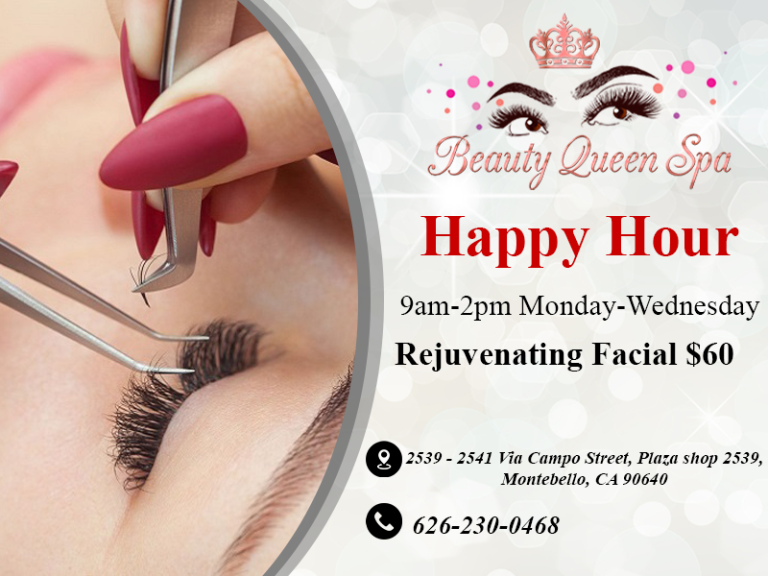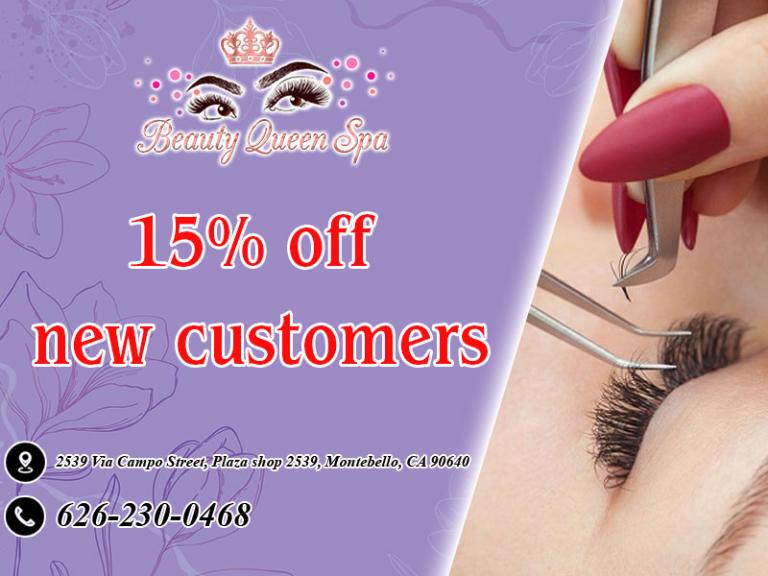When deciding between permanent makeup (PMU) and traditional tattoos, it’s essential to understand their distinctions in purpose, technique, and longevity. Whether you’re considering enhancing your natural beauty or adorning your body with artistic designs, knowing the finer details will help you make an informed decision.

What is Permanent Makeup?
Permanent makeup, also known as cosmetic tattooing or micropigmentation, involves implanting pigments into the skin to enhance facial features. It mimics the appearance of everyday makeup, offering a semi-permanent solution for:
- Eyebrows (microblading or shading)
- Eyeliner
- Lip tinting
This procedure is particularly popular among those seeking a low-maintenance beauty routine or addressing cosmetic concerns like sparse eyebrows or uneven lip color.
What is a Traditional Tattoo?
A traditional tattoo involves embedding ink into the deeper layers of the skin to create decorative or symbolic designs. Unlike PMU, tattoos are generally applied to larger body areas and are meant to last a lifetime.
Key Differences Between Permanent Makeup and Traditional Tattoos
| Aspect | Permanent Makeup | Traditional Tattoos |
| Purpose | Enhances natural beauty; creates a makeup-like effect. | Artistic expression or personal symbolism. |
| Pigment Depth | Pigment is deposited into the upper dermal layer. | Ink is embedded into the deeper dermis. |
| Longevity | Semi-permanent; fades within 1–5 years and may require touch-ups. | Permanent; lasts a lifetime, though may fade over decades. |
| Tools Used | Specialized precision devices (e.g., rotary pens). | Standard tattoo machines designed for body art. |
| Pain Level | Minimal discomfort; often compared to a mild scratching sensation. | Varies; can be more painful, especially in sensitive areas. |
| Healing Process | Heals within 5–10 days with minimal aftercare. | Takes 2–4 weeks to heal fully, often requiring more extensive care. |
| Regulations and Training | Requires specialized cosmetology certification and training. | Governed by tattoo industry standards, varies by location. |
Filling the Gaps
While both procedures share similarities, the following critical details are often overlooked:
- Pigment Composition:
- PMU pigments are designed to fade naturally over time, ensuring subtle transitions.
- Tattoo inks are often bolder and contain different compounds, making them more permanent.
- Skin Sensitivity and Suitability:
- PMU is ideal for individuals with sensitive skin or those prone to allergies, as pigments are hypoallergenic.
- Tattoos may not be suitable for people with certain skin conditions like eczema or psoriasis.
- Customization Options:
- PMU offers a wide range of natural tones, ideal for blending with skin undertones.
- Tattoos provide limitless creative possibilities with vibrant colors and intricate designs.
- Cost Comparison:
- PMU often ranges from $300–$800 depending on the procedure.
- Tattoos can range widely based on size and complexity, from $50 to several thousand dollars.
How to Choose Between Permanent Makeup and Tattoos
If you’re unsure whether PMU or a traditional tattoo is the right choice, consider the following:
- Desired Outcome: Are you looking to enhance your daily appearance or create a lifelong piece of art?
- Maintenance Commitment: PMU requires periodic touch-ups, while tattoos are more permanent but may also fade over decades.
- Pain Tolerance: PMU generally involves less discomfort compared to traditional tattooing.
- Budget: Understand the cost implications and plan accordingly.
Common Myths Debunked
- “Permanent makeup lasts forever.”
- False. PMU is semi-permanent and gradually fades. Touch-ups are necessary to maintain its appearance.
- “Tattoos and PMU involve the same technique.”
- Not true. PMU uses precision tools designed for delicate facial skin, while tattoos employ machines for deeper ink placement.
- “PMU looks unnatural.”
- Modern techniques ensure PMU looks subtle and enhances natural features.
Conclusion
Whether you’re drawn to the convenience of permanent makeup or the artistic appeal of traditional tattoos, understanding their differences is crucial. Permanent makeup is an excellent choice for enhancing natural beauty and simplifying your routine, while tattoos provide a canvas for creative self-expression.
Carefully consider your goals, lifestyle, and long-term preferences before deciding. By choosing the right professional and understanding what to expect, you can ensure a satisfying and safe experience.



